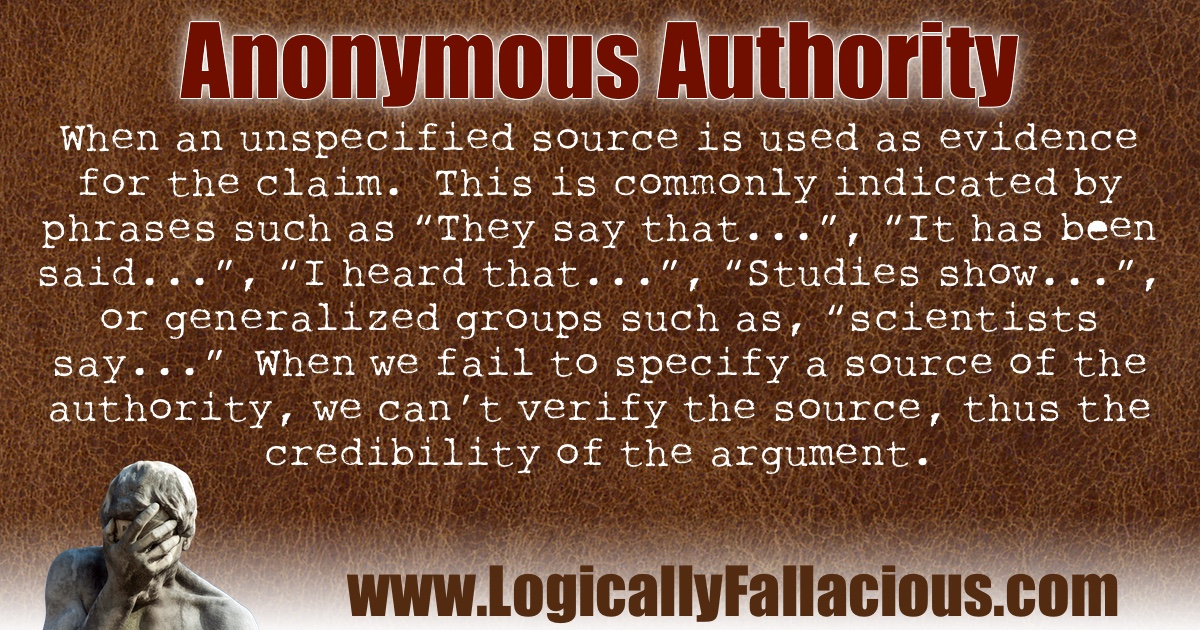Jonathan Neville sinks to new lows of character assassination
It’s no secret that Jonathan Neville really dislikes Daniel Peterson. Neville has attacked Peterson dozens of times in writing, accusing Peterson of being polemical, mean, and the living embodiment of everything that’s supposedly wrong with Latter-day Saint scholarship and apologetics.
In short, Daniel Peterson is Doctor Evil to Jonathan Neville’s Austin Powers.
But this is a new low, even for Neville: According to him, Daniel Peterson is a bad person because an anonymous person called an anti-Mormon podcast and complained that he was treated poorly by Peterson and Louis Midgley in the comments on one of Peterson’s blogs. The caller did not say what his question or concern was. He gave no specifics about what Peterson or Midgley supposedly said to him. He provided no information that would allow us to read the conversation and judge for ourselves if he was mistreated.
Based on this unsourced, unconfirmed, anonymous claim, Neville tells us:
In addition to the anonymous anti-Mormon caller, Neville tells us that “active members of the Church”—plural—“have related similar experiences” to him. These supposed people are also anonymous.
Both the podcast caller’s assertion and Neville’s claim are classic examples of the logical fallacy of appeal to anonymous authority: Not only is Neville once again employing a logical fallacy, he’s also stooped to the level of gross character assassination. Any other person would be ashamed of himself, but after three-and-a-half years and 311 blog posts, I’ve come to the conclusions that Jonathan Neville has no shame.
—Peter Pan
In short, Daniel Peterson is Doctor Evil to Jonathan Neville’s Austin Powers.
But this is a new low, even for Neville: According to him, Daniel Peterson is a bad person because an anonymous person called an anti-Mormon podcast and complained that he was treated poorly by Peterson and Louis Midgley in the comments on one of Peterson’s blogs. The caller did not say what his question or concern was. He gave no specifics about what Peterson or Midgley supposedly said to him. He provided no information that would allow us to read the conversation and judge for ourselves if he was mistreated.
Based on this unsourced, unconfirmed, anonymous claim, Neville tells us:
Dan’s defenders will object to me citing an “anti-Mormon” podcast, but the experience related by this caller is not uncommon. Active members of the Church have related similar experiences to me. They stay in the Church despite Dan because they reject Dan’s mode of apologetics and the SITH/M2C narrative he promotes.Why does Neville refer to the Mormon Discussion Inc. podcast as “anti-Mormon,” in quotes? Clearly it is an anti-Mormon endeavor. Despite his facile attempt to dismiss those who would object, the fact that Neville is ready, willing, and eager turn to anonymous anti-Mormon sources to attack a fellow Latter-day Saint speaks volumes. (As I’ve demonstrated, Neville and other Heartlanders have a weirdly comfortable relationship with anti-Mormons.)
In addition to the anonymous anti-Mormon caller, Neville tells us that “active members of the Church”—plural—“have related similar experiences” to him. These supposed people are also anonymous.
Both the podcast caller’s assertion and Neville’s claim are classic examples of the logical fallacy of appeal to anonymous authority: Not only is Neville once again employing a logical fallacy, he’s also stooped to the level of gross character assassination. Any other person would be ashamed of himself, but after three-and-a-half years and 311 blog posts, I’ve come to the conclusions that Jonathan Neville has no shame.
—Peter Pan






0 comments:
Post a Comment
Thoughtful comments are welcome and invited. All comments are moderated.